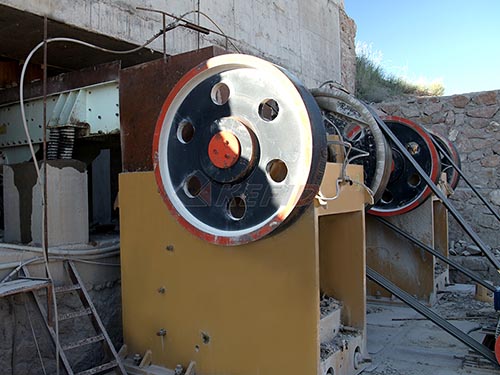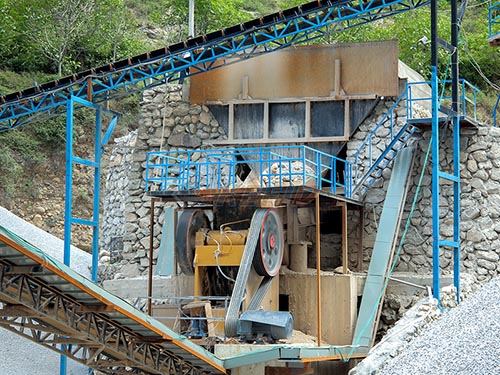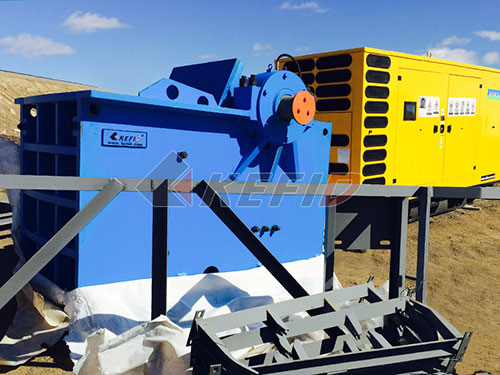Jaw Crusher Wear Parts Total Cost of Ownership in Chile
Beyond Price Tags: Mastering Jaw Crusher Wear Parts TCO in the Demanding Chilean Mining Landscape
Introduction: The High-Stakes Game of Crushing in Chile
Chile, the undisputed copper king and a global mining powerhouse, operates some of the world's most demanding mineral processing environments. From the arid, abrasive expanses of the Atacama Desert to the high-altitude challenges of the Andes, Chilean mines push equipment to its limits. At the heart of primary crushing operations lies the ubiquitous jaw crusher – a workhorse essential for reducing massive run-of-mine ore into manageable feed for downstream processes. However, the relentless abrasion and impact inherent in crushing Chilean hard rock ores exact a heavy toll on its wear parts: primarily the fixed and movable jaw plates (liners), cheek plates, and sometimes toggle plates.
Traditionally, purchasing decisions for these critical components often focused narrowly on the initial purchase price per kilogram or per set. This myopic view is a costly fallacy in Chile's high-throughput, cost-sensitive mining sector. The true economic impact of jaw crusher wear parts extends far beyond that initial invoice. Understanding and optimizing their Total Cost of Ownership (TCO) is not merely an accounting exercise; it's a fundamental strategic imperative for maximizing crusher uptime, minimizing operational expenditure (OPEX), enhancing safety, and ultimately boosting overall mine profitability.

Deconstructing Total Cost of Ownership (TCO)
TCO provides a holistic financial framework that captures all costs associated with owning and operating an asset – or a consumable like wear parts – over its entire useful life within your specific operational context. For jaw crusher wear parts in Chile, this encompasses:
1. Initial Purchase Price: The direct cost paid to acquire the wear part set(s). While visible and easily comparable, this is just one piece of the puzzle.

2. Installation Costs:
Labor: Time required for skilled maintenance personnel to safely remove worn parts and install new ones. This includes lockout/tagout procedures.
Equipment Downtime: The single most significant cost driver in many mines. Every hour the jaw crusher is offline for liner changes translates directly into lost production revenue.
Consumables & Tools: Costs of lifting equipment (cranes), welding materials (if applicable), torquing tools, lubricants used during reassembly.
Safety Risks: Installation involves significant manual handling and work in confined spaces near heavy machinery. Poorly


